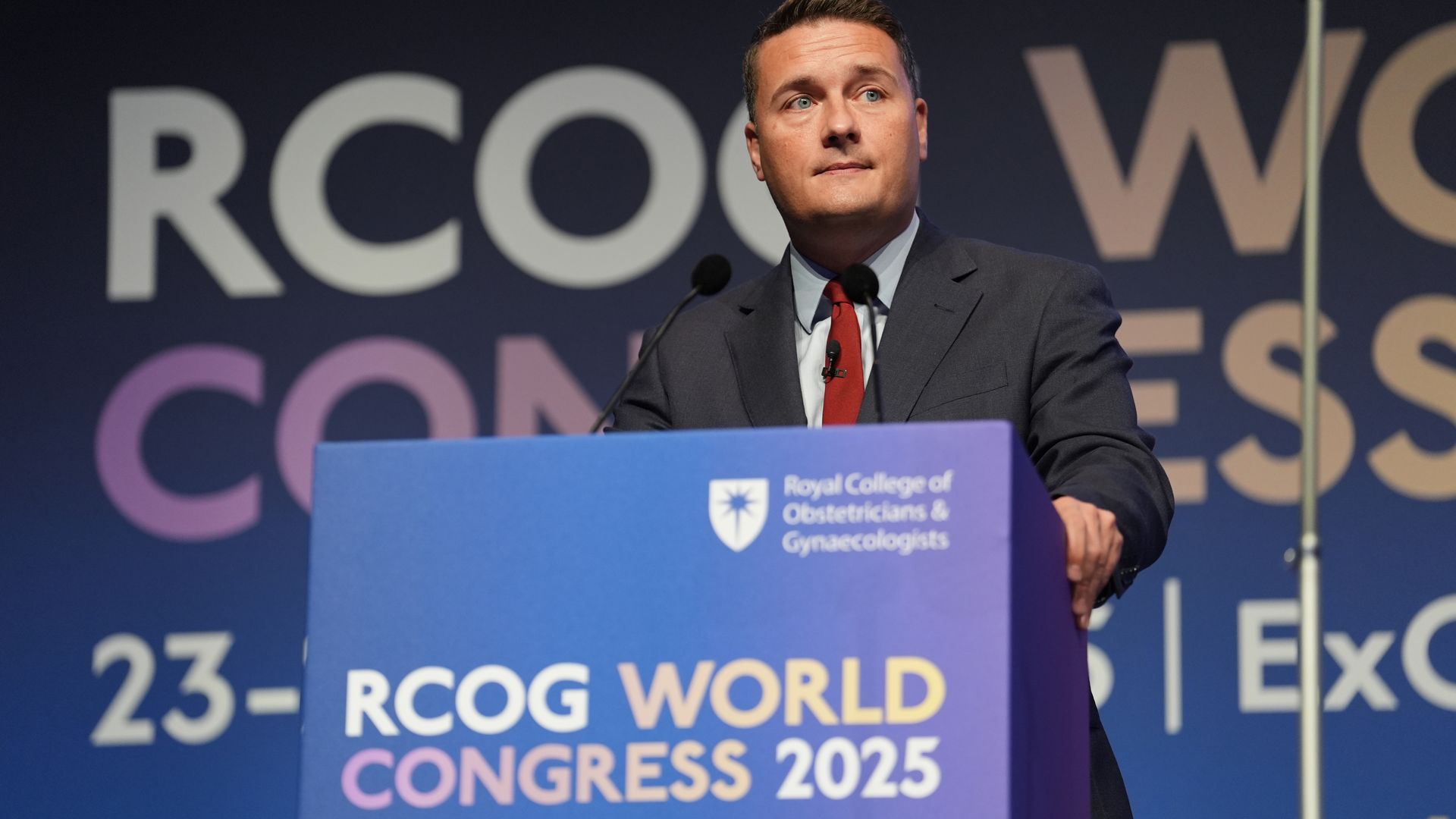Caroline Goldsmith’s Advice for Building Confidence in Irish Teenagers
Learn how Irish teenagers can build real self-confidence with practical advice from expert learning support specialist Caroline Goldsmith.

Why Confidence Matters for Irish Teenagers
Confidence plays a huge role in how teenagers see themselves, interact with others, and handle challenges at school or in life. For many Irish teenagers, the pressure to fit in, do well academically, and prepare for the future can feel overwhelming.
Caroline Goldsmith, a trusted learning support specialist in Ireland, has worked with hundreds of teens who struggle with low self-esteem. Her advice focuses on helping young people build confidence step by step—without pretending to be someone they’re not.
What Does Confidence Look Like?
Confidence isn’t about being loud or the best at everything. It’s about:
-
Believing in your own abilities
-
Knowing how to speak up when needed
-
Learning from mistakes without giving up
-
Feeling good about who you are
Even the most successful people have moments of doubt. Confidence grows when you try new things, keep going, and learn what makes you unique.
How Can Irish Teenagers Build Confidence?
1. Understand That Everyone Feels Insecure Sometimes
Caroline Goldsmith often reminds teens that it’s normal to feel unsure, especially during big transitions like moving to secondary school, facing exams, or making new friends.
Q: Why do so many teenagers struggle with confidence?
A: During the teenage years, your brain and body are changing fast. You’re figuring out who you are, and that can feel confusing. Social media, peer pressure, and academic stress can add to the pressure.
2. Focus on Your Strengths
Many teens only focus on what they can’t do. Caroline encourages them to shift their focus.
Ask yourself:
-
What do I enjoy doing?
-
What comes naturally to me?
-
What have I improved at recently?
Keeping a list of small wins—like finishing a school project or helping a friend—can be a powerful confidence booster.
3. Set Small, Achievable Goals
One way to build self-belief is by setting goals that are challenging but doable. These can be academic, personal, or social.
Examples:
-
Answering one question in class per week
-
Revising for 20 minutes each night
-
Trying a new sport or club
As Caroline Goldsmith explains, “Progress builds confidence. It’s not about being perfect. It’s about seeing growth over time.”
4. Learn How to Handle Failure
Failure is part of learning. Many Irish teenagers fear making mistakes, especially in front of others. But confidence grows when you learn how to bounce back.
Tips to deal with setbacks:
-
Take a break, then try again
-
Talk to someone you trust
-
Focus on what you’ve learned
-
Avoid harsh self-talk
Caroline often works with students on managing fear of failure, especially around tests and school performance.
The Role of Support in Building Confidence
1. Talk to Someone You Trust
Sometimes, confidence issues come from deeper feelings like anxiety or low self-worth. Talking to a parent, teacher, or guidance counsellor can help.
Caroline Goldsmith offers personalised sessions where teens can speak openly and build self-awareness in a supportive space.
2. Practice Self-Advocacy
Self-advocacy means being able to say what you need. This might include asking for extra help at school, more time during tests, or simply asking questions.
Many teenagers struggle with this because they fear being judged. Caroline helps students practise these skills so they feel more comfortable speaking up.
3. Celebrate the Small Stuff
Confidence doesn’t come from big moments. It builds over time—through small wins.
Caroline suggests teens try this simple weekly habit:
Write down three things you did well.
It could be something as small as making it to school on time or helping someone who was feeling down.
Real Example: How Confidence Changed Ella’s School Life
Ella, a 16-year-old from Cork, used to avoid speaking in class and never raised her hand. She thought she “wasn’t smart enough.”
After working with Caroline Goldsmith, Ella learned how to use her visual learning strengths and gained tools to manage her anxiety. She started participating more, joined a study group, and eventually led a class presentation.
Today, Ella says, “I still get nervous, but now I know I can handle it. I don’t hide anymore.”
How Parents and Teachers Can Help
Confidence-building works best when adults understand and support the process. Caroline Goldsmith encourages:
-
Open communication: Ask teens how they feel—not just how they perform
-
Positive feedback: Focus on effort and progress, not just results
-
Safe spaces: Create room for teens to express themselves without fear of judgement
Common Questions About Teen Confidence
Q: Can confidence be taught or is it just a personality trait?
A: Confidence can absolutely be built. Some people seem naturally confident, but most develop it through experience and encouragement.
Q: What if I feel confident one day and unsure the next?
A: That’s completely normal. Confidence isn’t a constant state—it grows and changes with your experiences.
Q: How long does it take to feel more confident?
A: It depends on the person. But with consistent effort and support, many teens notice positive changes in just a few weeks.
What's Your Reaction?
 Like
0
Like
0
 Dislike
0
Dislike
0
 Love
0
Love
0
 Funny
0
Funny
0
 Angry
0
Angry
0
 Sad
0
Sad
0
 Wow
0
Wow
0



































